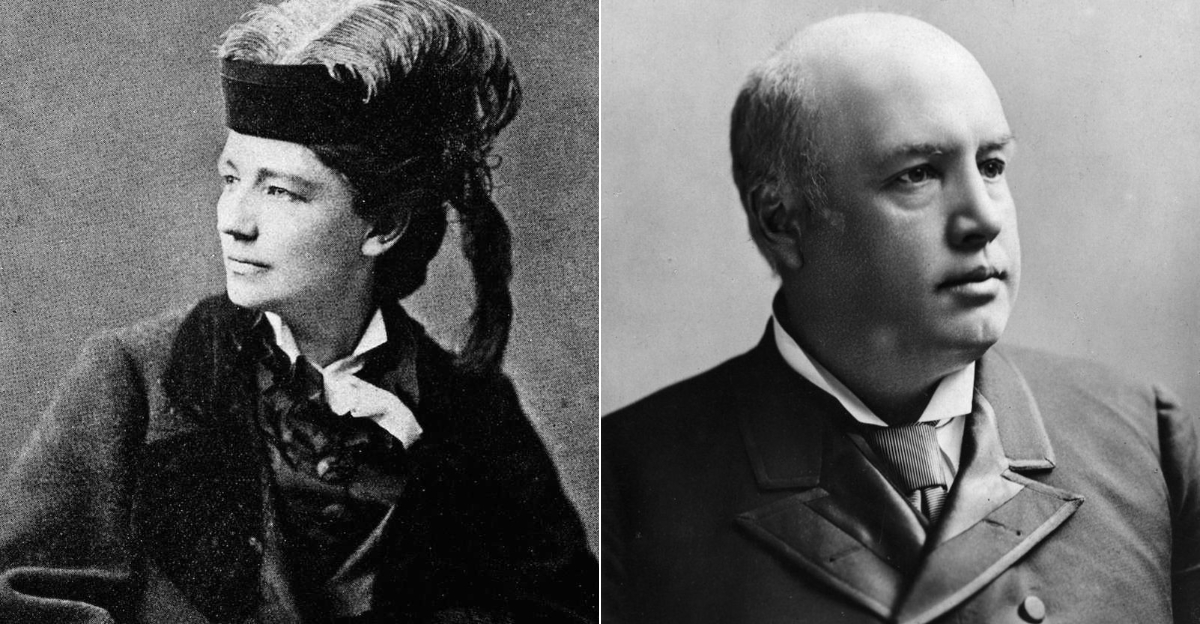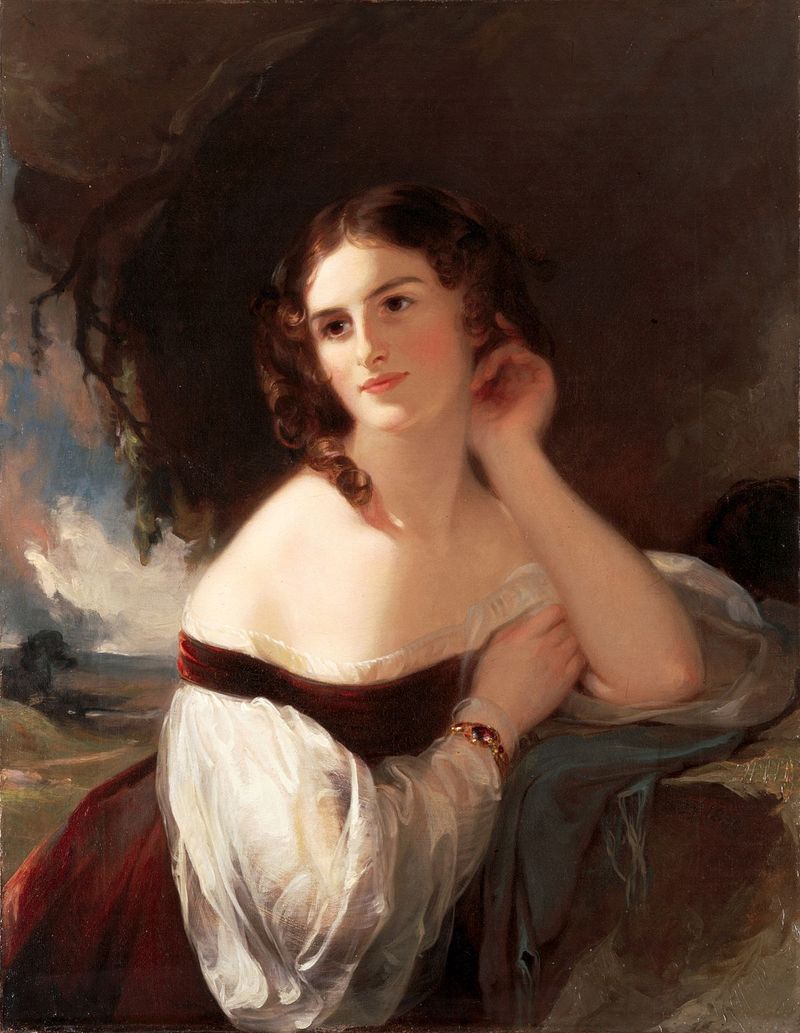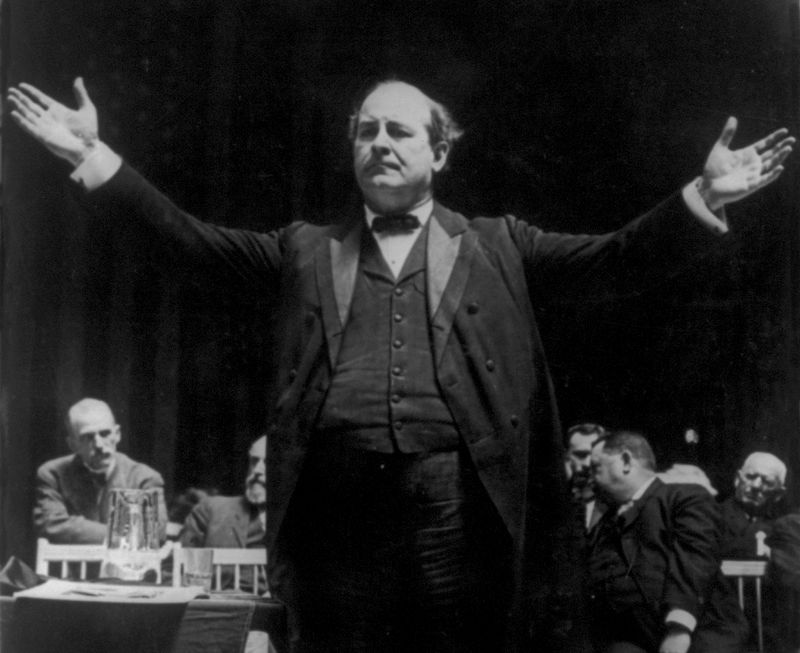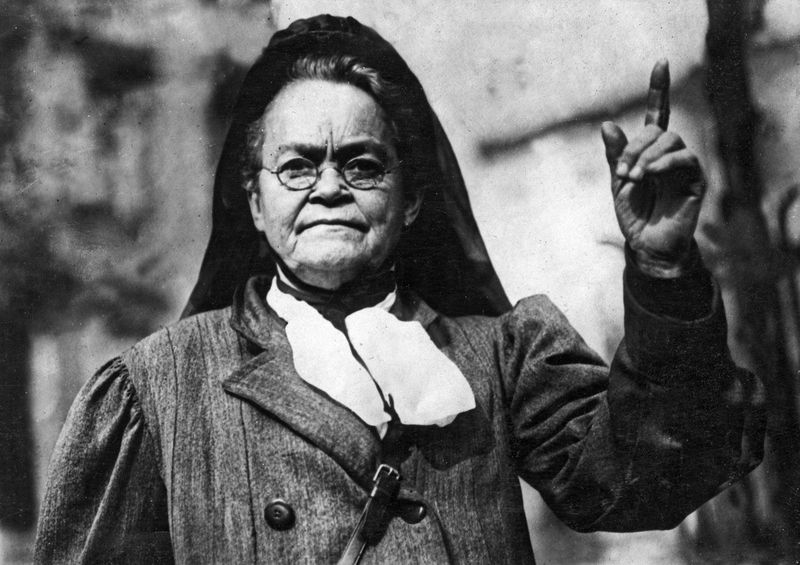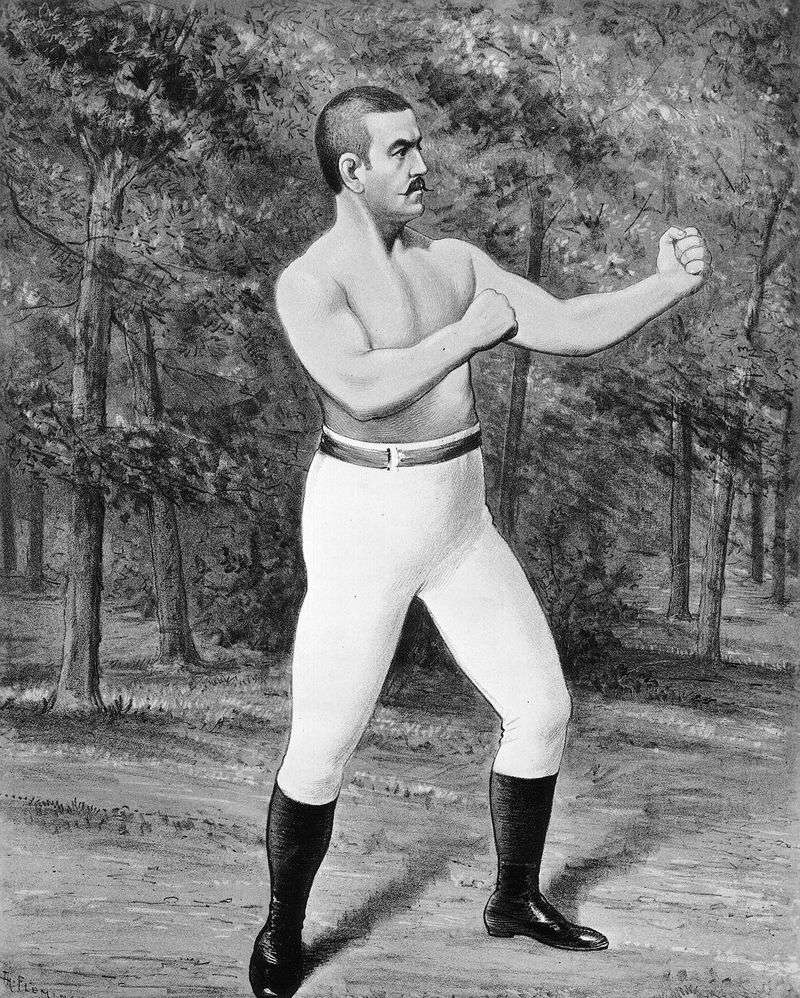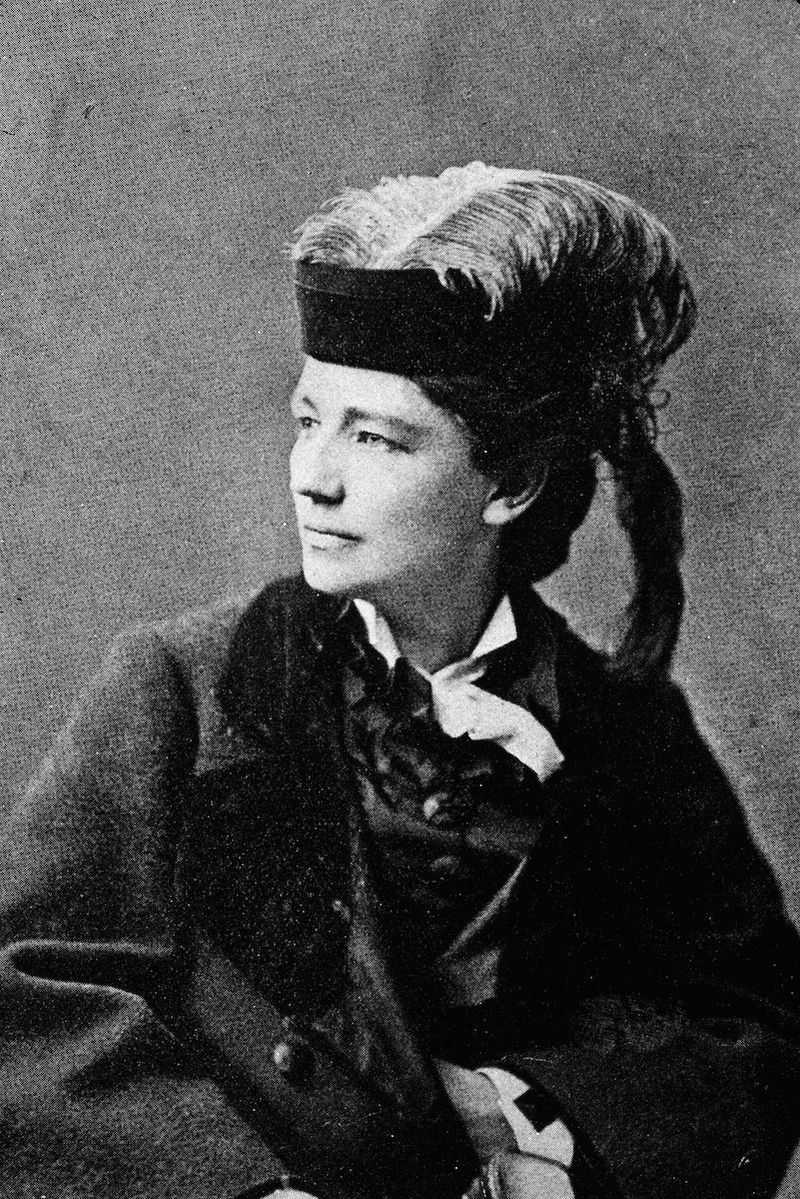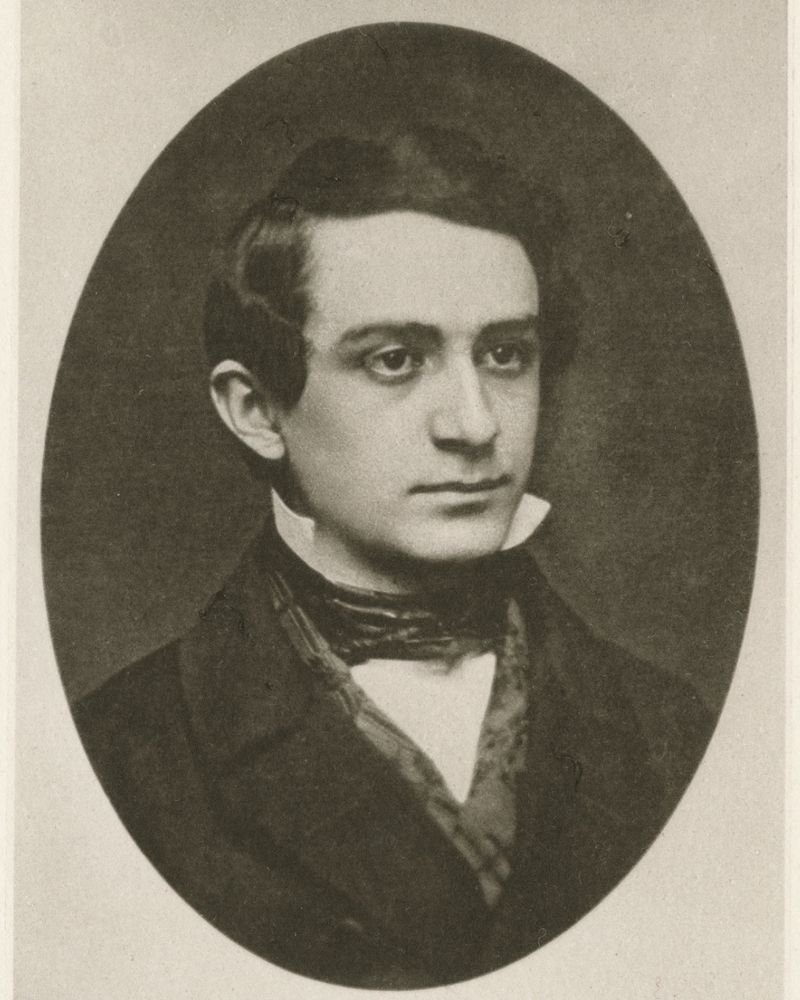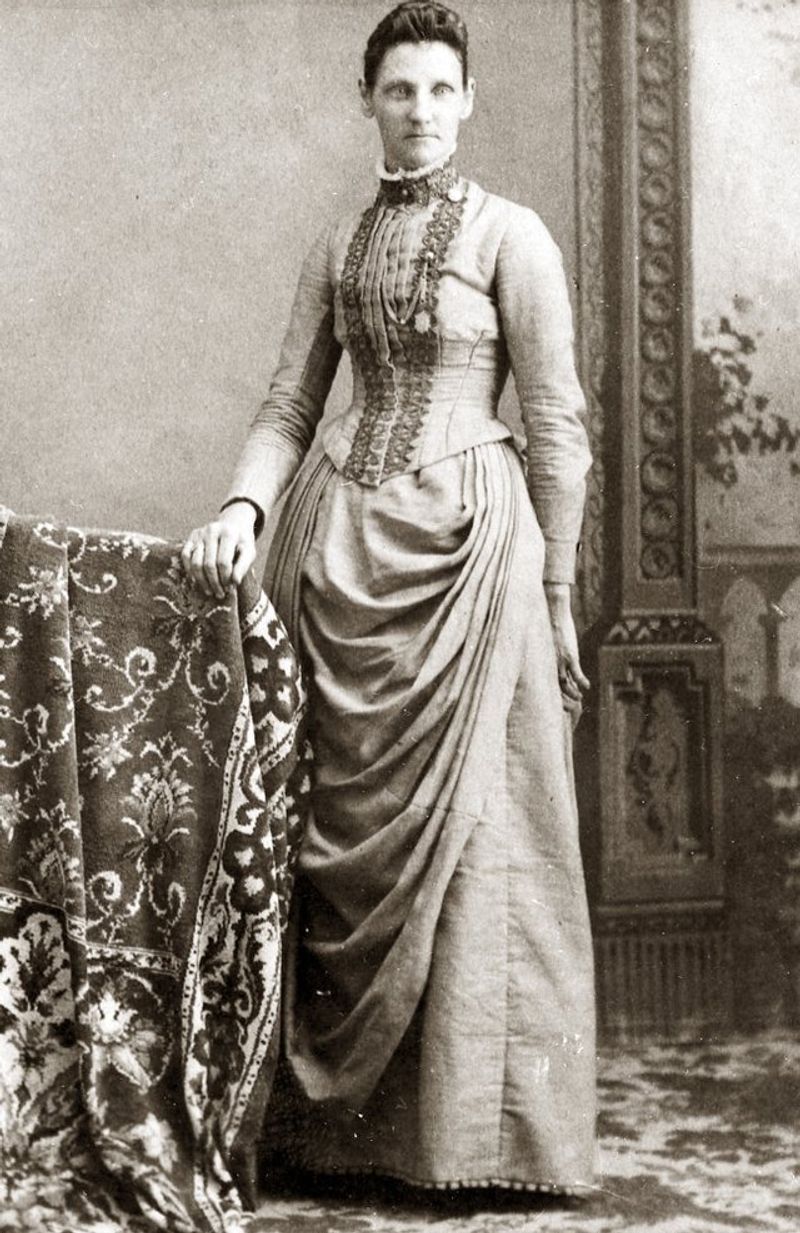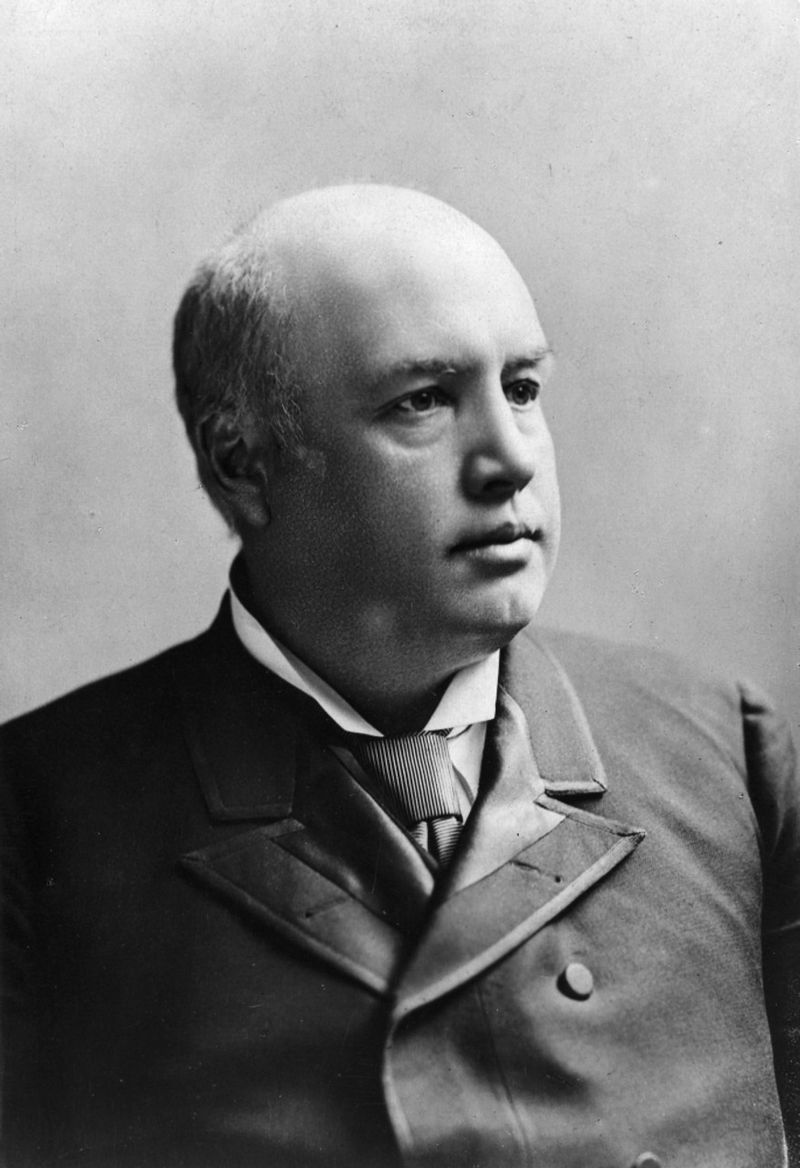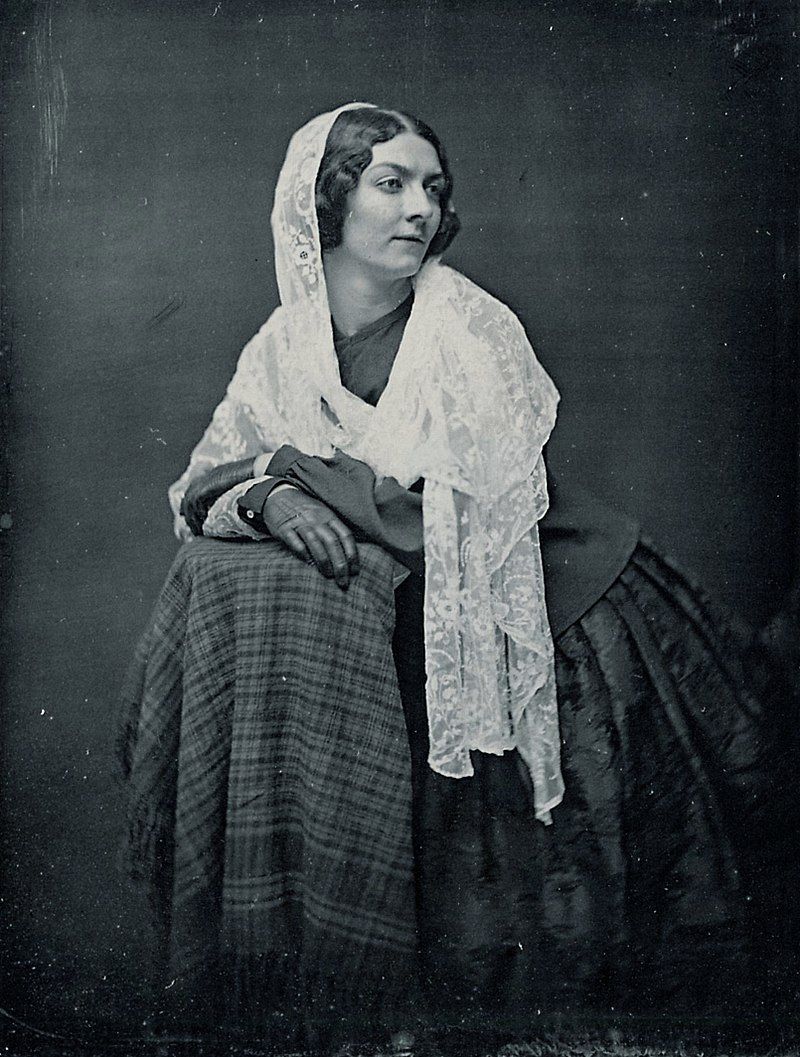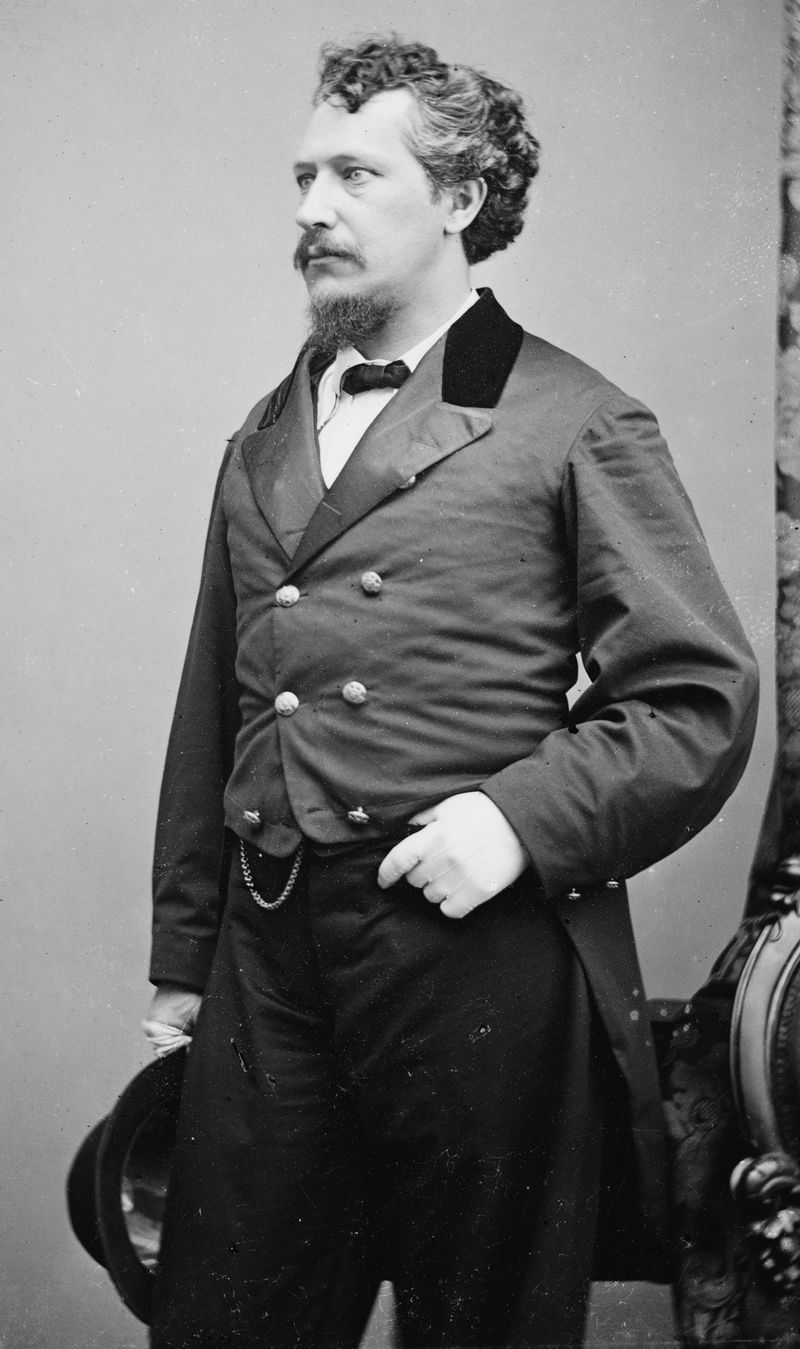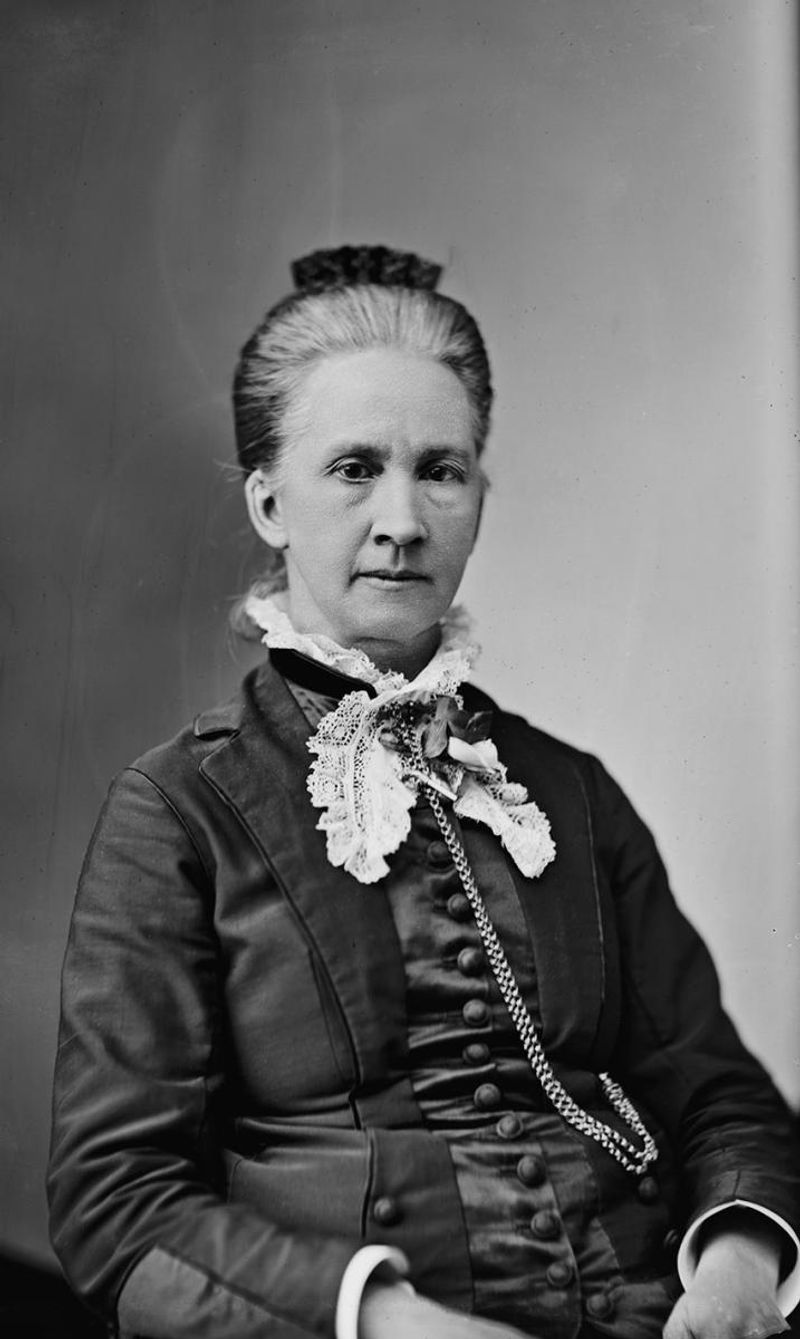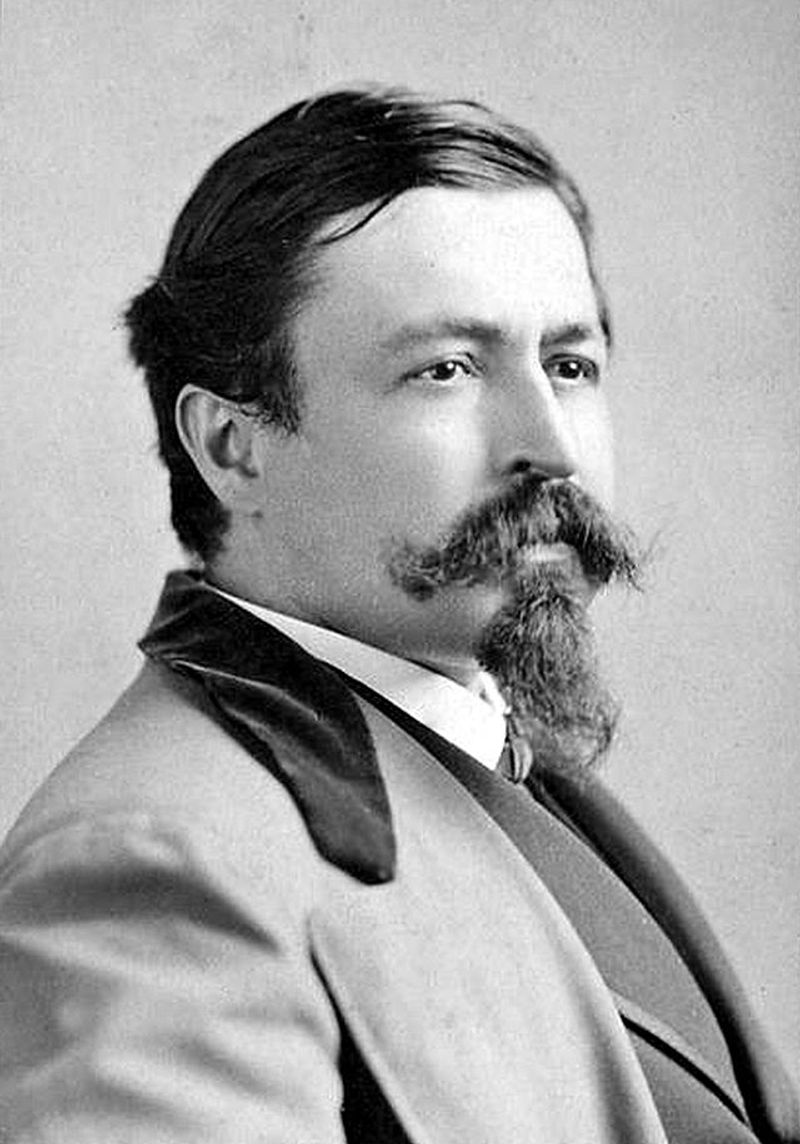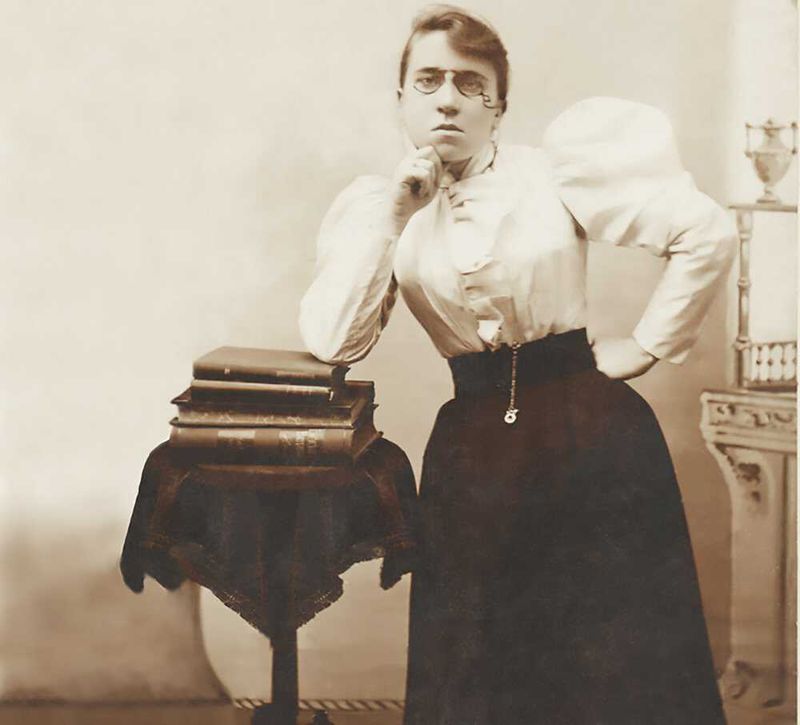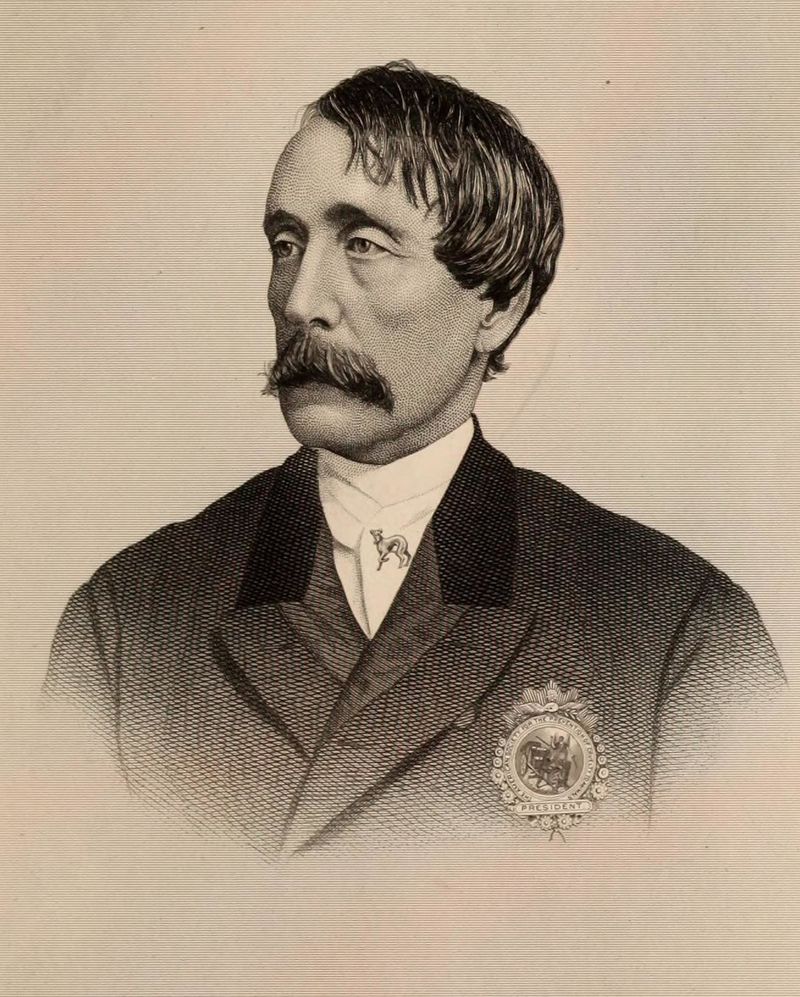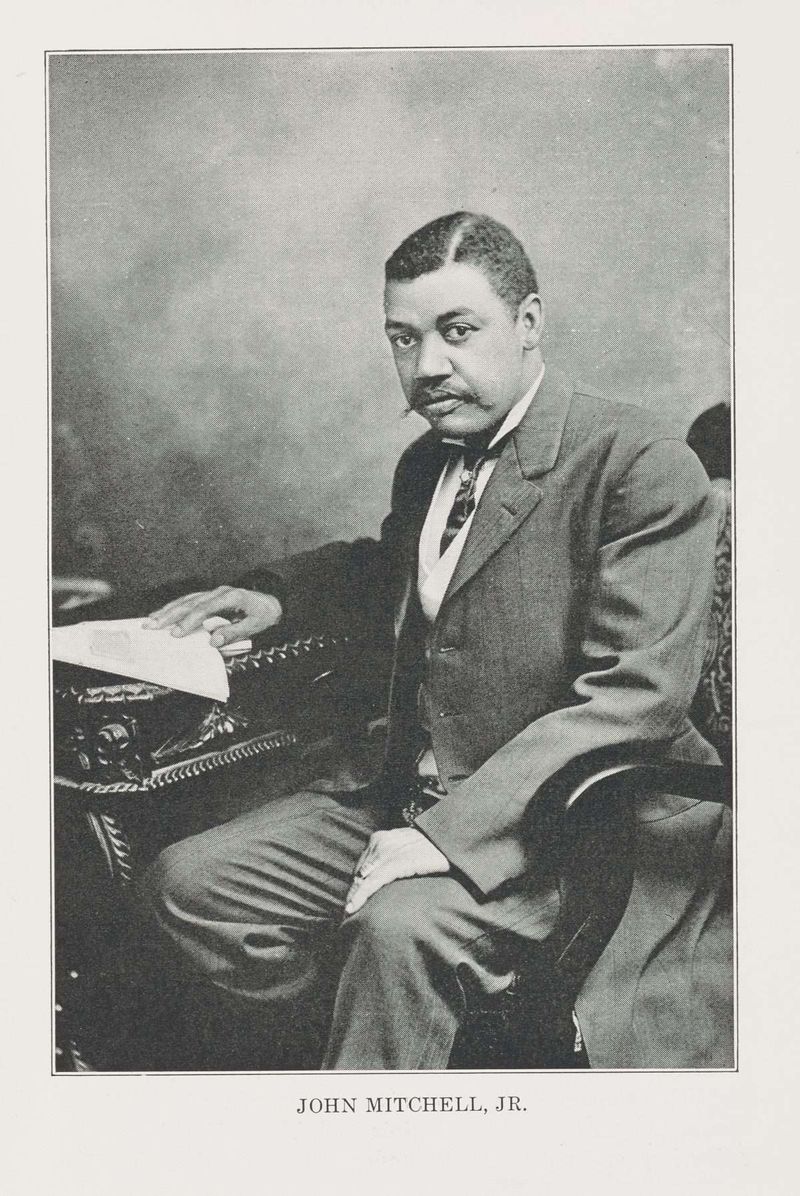Throughout history, numerous individuals have captured the public’s imagination, often eclipsing even the most powerful American presidents of their time. These figures, renowned for their unique contributions, fiery personalities, or daring acts, left an indelible mark on society. While modern history tends to highlight political leaders, these once-celebrated individuals have faded into the background.
This exploration revives their stories, showcasing the diverse ways they once commanded attention. Whether through reform, entertainment, or sheer audacity, these figures remind us that fame is not solely the domain of heads of state. Let’s delve into the lives of these 15 remarkable individuals who, at their peak, were more famous than the presidents.
1. Fanny Kemble (1809–1893)
Fanny Kemble, born in 1809, was a pioneering British actress and writer. Her memoirs, especially those depicting the brutalities of slavery in the American South, stirred national debates. Known for her passionate abolitionist stance, Kemble’s writings were more influential than President Martin Van Buren’s speeches. Her vivid accounts offered an insider’s look at plantation life, igniting conversations about morality and justice. Beyond her literary contributions, Kemble’s stage presence captivated audiences, making her a celebrated figure of her era. Her legacy is a testament to the power of words and the courage to speak out against injustice.
2. William Jennings Bryan (1860–1925)
William Jennings Bryan, known as the “Great Commoner,” was a magnetic political figure of the late 1800s and early 1900s. A three-time presidential candidate, Bryan was a champion of populism, advocating for the rights of the common people. His captivating oratory skills garnered him a massive following, often overshadowing President William McKinley. Bryan’s role as the prosecutor in the Scopes Monkey Trial further solidified his legacy in American history. Renowned for his fiery speeches and unwavering dedication to his beliefs, Bryan remains a symbol of political fervor and grassroots activism.
3. Carry A. Nation (1846–1911)
Carry A. Nation was an iconic figure in the temperance movement, famous for her bold and dramatic tactics. Born in 1846, she became a household name by smashing saloons with her trademark hatchet. Her radical approach to promoting temperance brought her global attention, often eclipsing the quieter, more diplomatic President William Howard Taft. Nation’s unyielding commitment to her cause made her a controversial yet unforgettable character. Her antics not only highlighted the era’s social issues but also showcased the power of individual activism in shaping public discourse.
4. John L. Sullivan (1858–1918)
John L. Sullivan, often hailed as America’s first sports superstar, was a legendary figure in the world of boxing. The last bare-knuckle boxing champion, Sullivan’s matches were national spectacles, drawing crowds and media attention. His fame transcended that of President Chester A. Arthur, as his athletic prowess and larger-than-life persona captivated the public. Sullivan’s journey from humble beginnings to sporting legend exemplifies the American dream. His legacy as a pioneering sports icon is celebrated, with his name remaining synonymous with courage and tenacity in the face of adversity.
5. Victoria Woodhull (1838–1927)
Victoria Woodhull was a trailblazer in the realms of finance and politics. As the first woman to run for U.S. president in 1872, Woodhull’s campaign challenged societal norms, overshadowing President Ulysses S. Grant in the public’s eye. Beyond politics, she was a successful stockbroker and a vocal advocate for women’s rights. Her audacious nature and ambitious pursuits made her a media sensation and a symbol of progress. Woodhull’s life is a testament to breaking barriers and advocating for equality, leaving an enduring impact on the women’s movement.
6. Edwin Booth (1833–1893)
Edwin Booth, acclaimed as America’s greatest Shakespearean actor, captivated audiences with his profound performances. Despite being the brother of John Wilkes Booth, Edwin’s talent shone brightly, overshadowing the presidency of Andrew Johnson. His portrayal of Hamlet was particularly celebrated, drawing large crowds and critical acclaim. Booth’s dedication to his craft and ability to evoke deep emotions made him a beloved figure in the theater world. His artistic legacy continues to influence actors today, reminding us of the power of performance in connecting with audiences across generations.
7. Mary Lease (1850–1933)
Mary Lease, a formidable orator and advocate for farmers, was a prominent voice in the Populist movement. Known for her fiery speeches, she famously urged farmers to “raise less corn and more hell,” capturing the spirit of resistance against economic oppression. Her grassroots activism made her a legendary figure, more renowned than President Benjamin Harrison in rural communities. Lease’s commitment to social justice and equality made her a beacon of hope for many. Her legacy endures as a testament to the power of words and the impact of passionate advocacy.
8. Robert G. Ingersoll (1833–1899)
Robert G. Ingersoll, known as “The Great Agnostic,” was a celebrated orator who captivated audiences with his eloquence and wit. His lectures, often challenging religious dogma and advocating for science and reason, sold out nationwide. Ingersoll’s influence was profound, surpassing the quieter presence of President Rutherford B. Hayes. His speeches ignited intellectual debates and inspired many to question traditional beliefs. Ingersoll’s legacy as a champion of free thought and rational inquiry remains influential, reflecting the enduring power of ideas in shaping society.
9. Lola Montez (1821–1861)
Lola Montez, a captivating dancer and courtesan, was a sensation in 19th-century Europe. Her beauty and charisma allowed her to ascend to power as the mistress of King Ludwig I of Bavaria. Montez’s influence was such that her scandals became global news, overshadowing President Franklin Pierce’s more reserved reputation. Despite her controversial life, Montez’s story is one of intrigue and audacity. Her ability to navigate the complexities of society and wield power in unconventional ways leaves a lasting impression, reminding us of the allure of charisma and charm.
10. George Francis Train (1829–1904)
George Francis Train was an eccentric businessman whose ventures captured the public’s imagination. Known for his role in funding the Transcontinental Railroad, Train’s larger-than-life personality often eclipsed the achievements of President Andrew Johnson. His whimsical run for the presidency as a joke and other audacious stunts made him a household name. Train’s unorthodox approach to business and life exemplified the spirit of innovation and eccentricity. His impact on American infrastructure and his vivid persona continue to fascinate, illustrating the enduring appeal of the unconventional.
11. Belva Lockwood (1830–1917)
Belva Lockwood was a pioneering figure in law and politics, known for her trailblazing efforts to break gender barriers. As the first woman to argue before the Supreme Court, Lockwood’s legal prowess was unmatched, often more visible than President Grover Cleveland’s leadership. Her presidential campaigns in 1884 and 1888 further solidified her status as a feminist icon. Lockwood’s determination and brilliance paved the way for future generations of women in law and politics, making her an enduring symbol of courage and equality in the face of societal challenges.
12. Thomas Nast (1840–1902)
Thomas Nast, the father of American political cartoons, wielded his pen with unmatched influence. Known for creating the modern image of Santa Claus and for his scathing depictions of Boss Tweed, Nast’s cartoons were more impactful than the brief presidency of James A. Garfield. His work swayed public opinion and elections, showcasing the power of visual satire. Nast’s legacy in shaping political discourse through art is profound, influencing generations of cartoonists. His ability to capture the political climate with wit and precision made him a pivotal figure in American media.
13. Emma Goldman (1869–1940)
Emma Goldman, a fiery anarchist and activist, was a formidable presence in early 20th-century America. Her impassioned speeches drew massive crowds, igniting discussions on issues like workers’ rights and free speech. Goldman’s influence was so profound that she was often considered Public Enemy No. 1, overshadowing President William McKinley’s administration. Her radical ideas and fearless advocacy for social change left an indelible mark on history. Goldman’s legacy as a champion of liberty and justice continues to inspire activists, highlighting the enduring power of conviction.
14. Henry Bergh (1811–1888)
Henry Bergh, America’s first animal rights activist, founded the ASPCA in 1866, transforming attitudes towards animal welfare. His tireless campaigns for humane treatment of animals were more visible than the presidency of James Buchanan. Bergh’s compassion and dedication led to significant legal reforms, making him a revered figure in animal rights history. His legacy is a testament to the impact of empathy and advocacy, illustrating how one individual’s efforts can inspire societal change. Bergh’s work paved the way for modern animal rights movements, highlighting the enduring importance of compassion.
15. John Mitchell Jr. (1863–1929)
John Mitchell Jr. was a pivotal figure in advocating for African American rights through journalism. As editor of the Richmond Planet, he fearlessly addressed issues like lynching and Jim Crow laws, making him a hero in Black communities. Mitchell’s work often overshadowed President Theodore Roosevelt’s policies in the eyes of African Americans. His commitment to truth and justice made a lasting impact, inspiring future generations of journalists and activists. Mitchell’s legacy is a powerful reminder of the role media plays in championing civil rights and challenging societal injustices.
